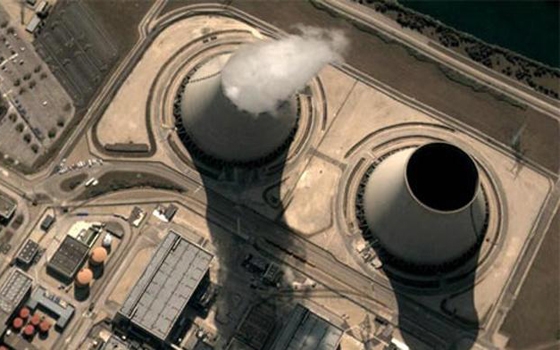The Kingdom is planning to nationalize 60 percent of the nuclear energy reactors in the next 20 years, said Khalid Al-Suliman, chairman of King Abdullah City for Atomic and Renewable Energy (KA CARE).
"King Abdulaziz City will cooperate with global nuclear reactor developers," said Al-Suliman, wondering why the country is so keen on funding renewable energy in view of its high costs and the abundant availability of oil and gas.
"It is not wise to place hope and expectation on a single resource."
Already KA CARE uses solar power in water distillation due to its low costs.
"Solar power is regarded as a traditional source of power around the world," he pointed out.
"Oil will not last for eternity," said Abdulwahab Al-Qahtani, professor in strategic management and HR development at King Fahad University, who agrees with Al-Suliman on the need to diversify energy resources.
An alternative strategic plan should be put in place to replace oil, he said, adding: "The country should shift to industries that give an added value to the Saudi economy."
Al-Qahtani forecasts that oil prices will shoot up to $ 300 (SR 1,125) per barrel in the next 10 years.
"Shifting to renewable and nuclear power will minimize the cost of electricity," he said. He also noticed a worldwide trend toward extracting biofuels from agricultural crops such as sunflower seeds. This could also lead to less reliance on fuel.
Muhammad Shams, an economist, said the country has reserves of more than 264 billion barrels of oil, so "Why should the country put a huge amount of money on renewables?"
He said more attention and effort should be given to education and its quality. "The high costs of renewables make them an unfeasible source of energy and power in the Gulf states. The Gulf area enjoys a great oil wealth, while renewables depend on weather in general, solar cells and wind in particular," he concluded.
Arab News
9 June






















































